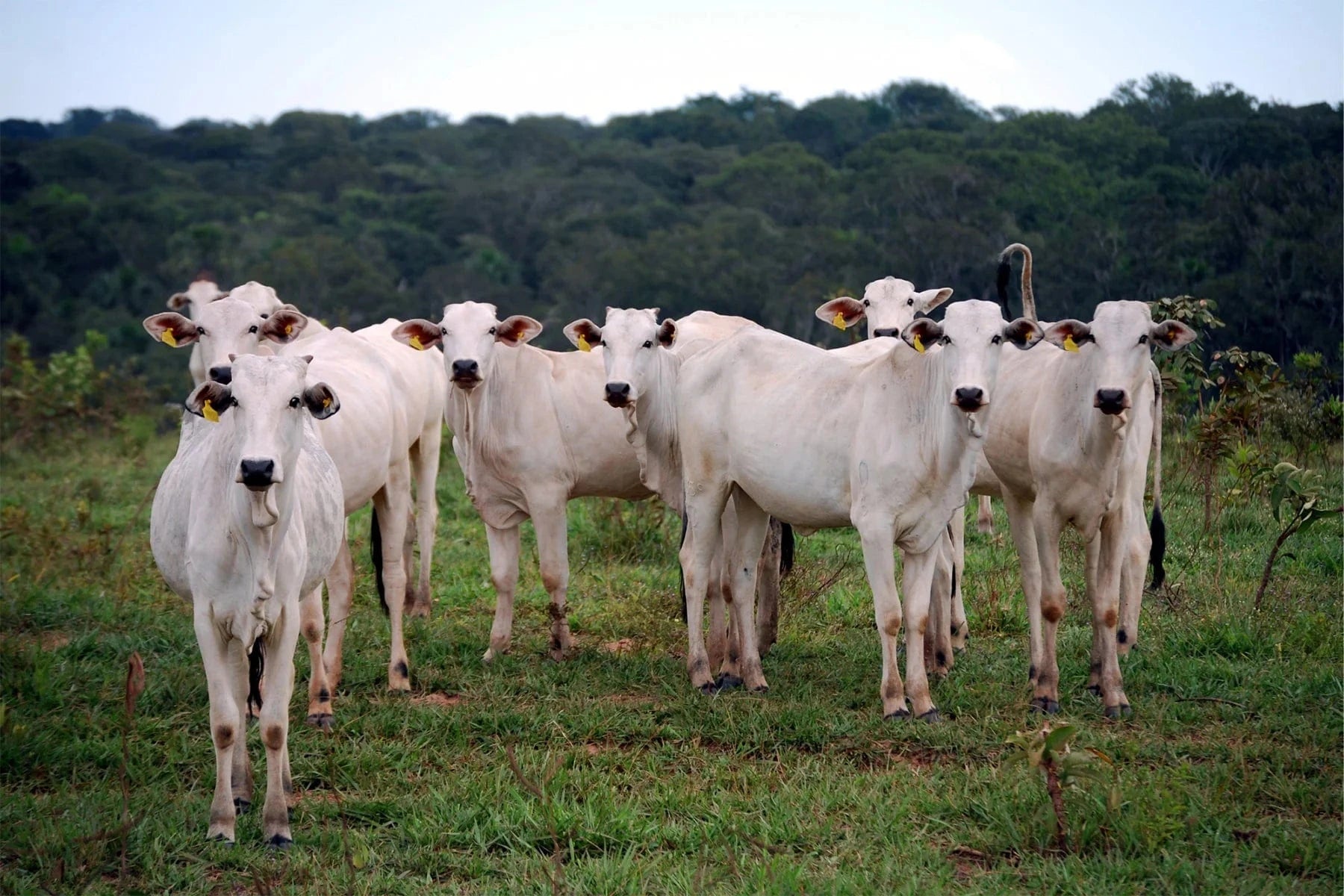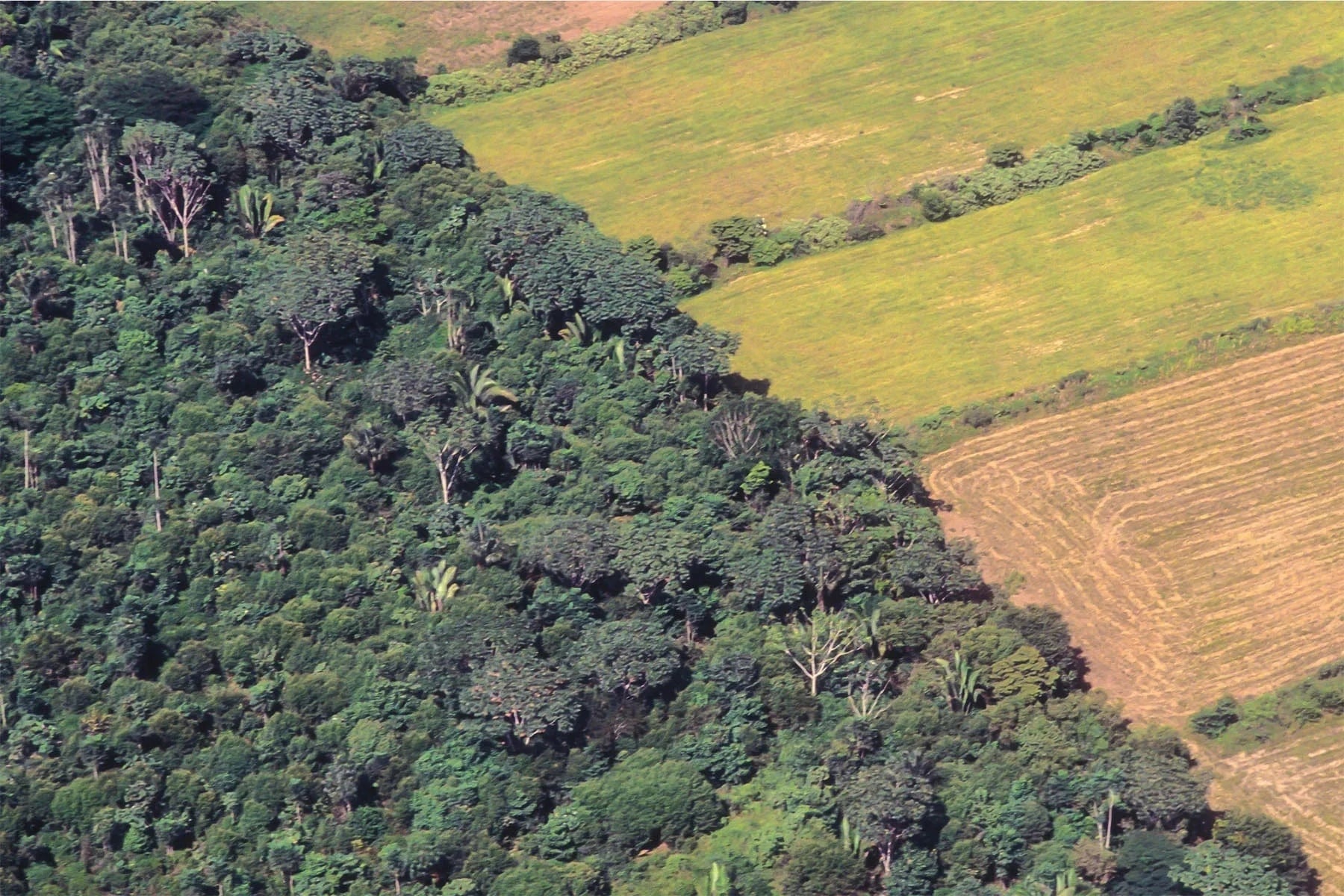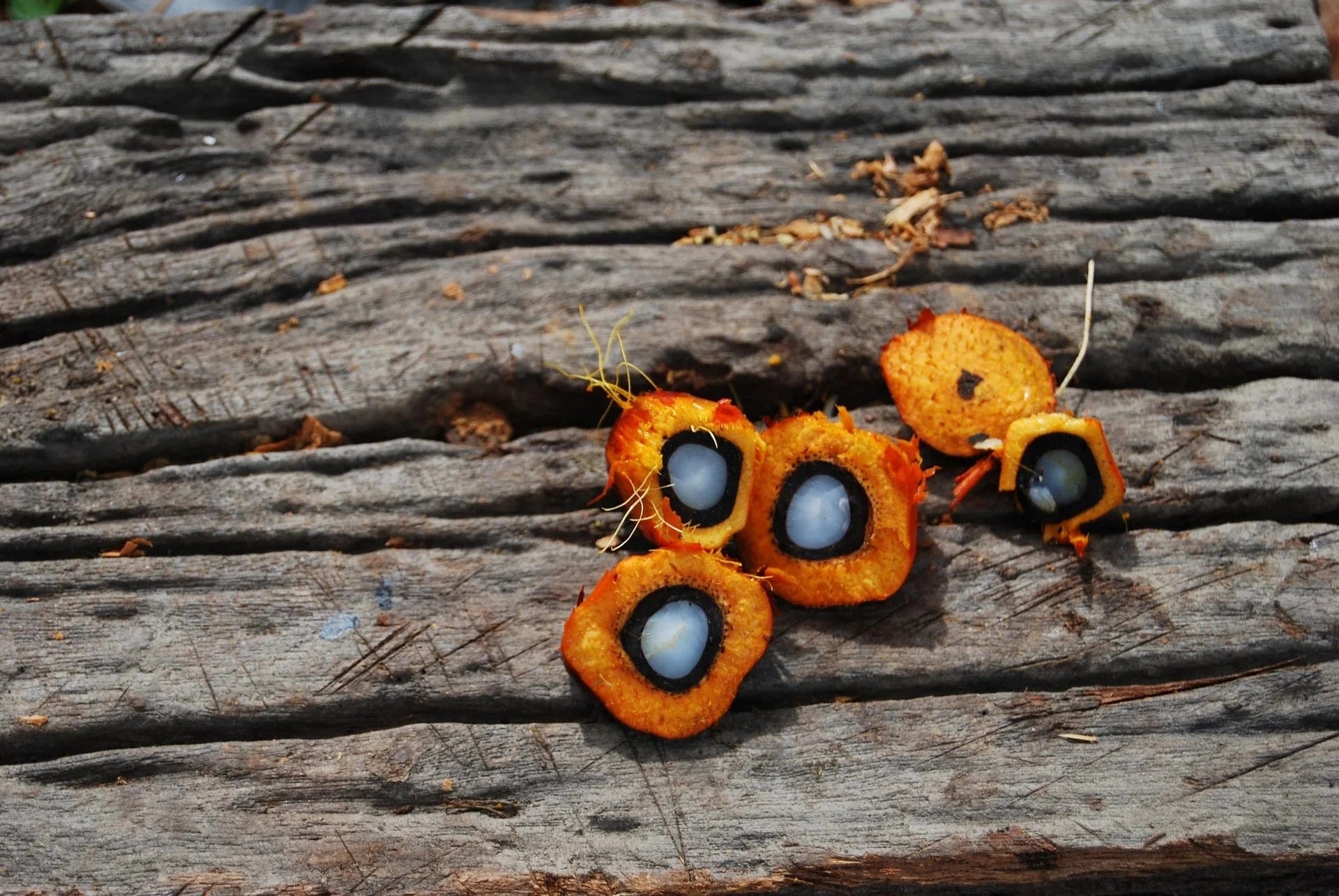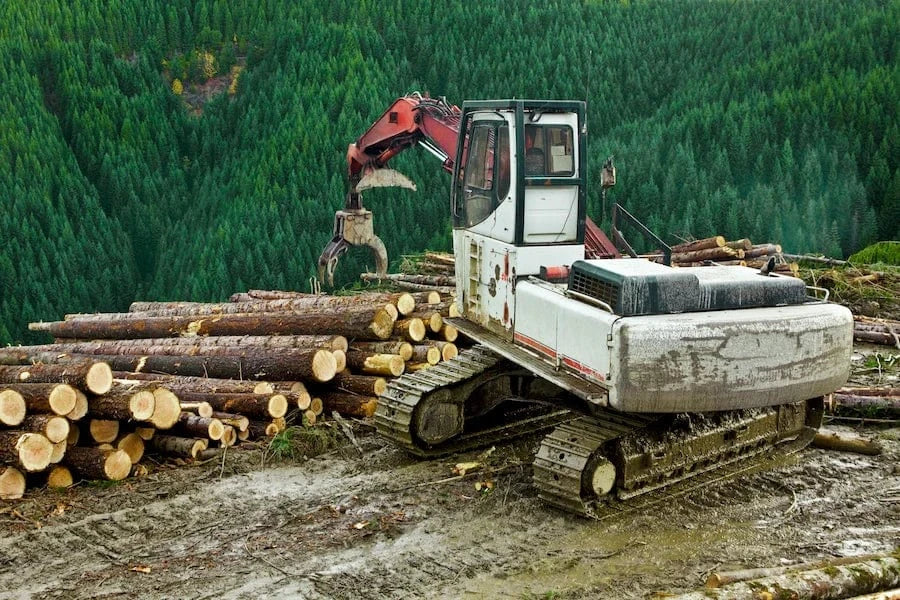
Get news, updates, & event Info delivered right to your inbox:
Tropical Forest Loss is a Major Threat to Global Biodiversity
Since 1990, the world has lost more than 420 million hectares of forest — and although deforestation rates have slowed in recent years, we are still losing far too much. Deforestation in tropical regions is uniquely concerning, given that tropical forests contain more than half of global terrestrial vertebrate spaces. They also directly influence the well-being of 1.5 billion people by providing critical ecosystem services — and indirectly benefit all of us due to their role in climate regulation.
In 2023, approximately 10 football pitches of tropical primary forest were lost every minute, adding up to 3.7 million hectares of loss over the year. Primary forests are "mature natural forests that have not been disturbed in recent history." This forest loss produced 2.4 gigatonnes of carbon dioxide emissions — nearly equivalent to half of the annual fossil fuel emissions of the United States.
While tropical primary forest loss has decreased in some countries, it has sharply increased in others. In other words? Although the front lines of tropical deforestation are shifting, we're still losing this critical ecosystem type at an alarming rate.
So what's causing all of this deforestation in tropical forests?
4 Main Drivers of Deforestation in Tropical Areas
While deforestation causes vary depending on the unique pressures faced by different global regions, the four main drivers of tropical deforestation have been identified as beef, soy, palm oil and logging. Due to a combination of environmental and socio-economic factors — including more affordable land, generally lower labor costs compared to other regions, and a year-round growing season — many large-scale industrial commodities are produced in the tropics.

1. Beef
Beef production is consistently identified as the top driver of deforestation in the world’s tropical forests. This is mostly due to forest conversion actions that cattle farmers undertake to create more pasture land and grow feed. Beef production also promotes the conversion of non-forest landscapes like grasslands and savannas, and is a particularly prevalent driver in Latin America. There, it accounts for approximately 2.71 million hectares of tropical forest loss every year — making it responsible for more than half of the tropical deforestation that occurs in the region.

2. Soybeans
The second biggest driver of tropical deforestation is soybeans. But before you shun tofu, keep in mind that demand for soy is closely connected with demand for beef and other animal proteins. In fact, growing global demand for meat and dairy products has directly contributed to the twofold increase of soybean production over the past 20 years. Every year, around 480,000 hectares of land is deforested for soy in the tropical countries that are major producers of it.

3. Palm Oil
A ubiquitous ingredient in processed foods — as well as personal care products, biofuels, and vegetable oils, Palm oil is a major driver of tropical deforestation in Southeast Asia. Deforestation for palm oil is particularly harmful to the climate, because plantations are typically established in the carbon-rich soils of peatlands. Peatlands contain up to 28X more carbon dioxide than the forest ecosystems. If peat soils are drained for oil palm plantations, the resultant greenhouse gas (GHG) emissions are significantly higher than the carbon lost from related deforestation activities. As a result, palm oil contributes more global warming emissions than any other agricultural commodity besides beef.

4. Wood Products
An estimated 380,000 hectares of forest are cut every year in top producing countries to meet the global demand for wood and wood products — which also leads to profound forest degradation. The two main types of wood products are: pulp and timber. Pulp is made from tree fibers and is used to produce paper and related products — and primarily drives deforestation in Indonesia. Timber, which is used for building construction and high-end wood products, usually results in extracting "valuable" trees from a forest. Areas that are degraded in this way are much more likely to be slated for future conversion and other extractive uses.
Other Drivers of Tropical Deforestation
Although beef, soy, palm oil, and wood products are the four main drivers of tropical deforestation, there are many other contributors. These include coffee, rubber, cocoa, and sugar. While these commodities are historically significant tropical deforestation drivers, today they have a much smaller contribution, comparatively.
How to Stop Deforestation
Currently, international initiatives to address tropical deforestation focus on halting the expansion of commercial agriculture for export markets. And many corporations are working to remove deforestation from their supply chains. These actions are really important and impactful, but work to halt deforestation shouldn't stop there.
IIASA found that around 1/3 of global protected areas are under immense human pressure. These pressures include subsistence farming, shifts in agriculture and pastures, poor forest management, and industrial farming for cash crops like palm oil. In other words, more efforts are needed to truly protect "protected" areas from large-scale human activity, including policy change, advanced monitoring systems, and working with communities to find solutions that address basic survival needs.
At a larger scale, instead of sacrificing tropical (and other) forests in pursuit of economic recovery, which threatens the long-term health and livelihoods of billions of people around the world, governments should work to build back better. Investing in the restoration and proper stewardship of forests will create jobs, foster more sustainable economies, and protect the incredible resources found in our world's tropical forests and rainforests.
Want to do more? Plant trees in the Amazon Rainforest and other areas in need!
Get news, updates, & event Info delivered right to your inbox:
Related Posts
Sustainable Diet Tips: How to Eat Healthy While Protecting the Planet
13/01/2026 by Meaghan Weeden
Agroforestry Explained: Principles, Benefits, and Case Studies
08/01/2026 by Meaghan Weeden
Plant Your Resolution: Making a Global Impact With The Grove
01/01/2026 by One Tree Planted
Popular On One Tree Planted
How to Reduce Waste: 21 Practical Zero Waste Tips for Everyday Living
23/12/2025 by Meaghan Weeden
Inspirational Quotes About Trees
16/12/2025 by Meaghan Weeden
The 9 Oldest, Tallest, and Biggest Trees in the World
11/12/2025 by One Tree Planted
Fundraising Disclosures

Be Part of the Restoration Movement
The Grove is more than just a monthly giving program: it's a vibrant community of individuals who are dedicated to reforestation and environmental restoration on a global scale.





